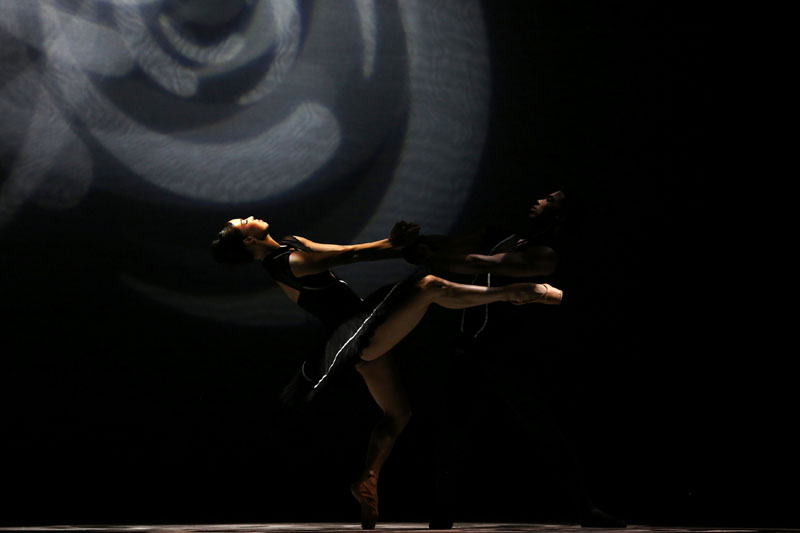Cuba ballet festival reflects diplomatic pas de deux with US
HAVANA: A woman in a floaty dress wrestles a minotaur who reflects her inner demons in "Errand into the Maze", one of the Martha Graham Dance Company works that made its Cuban premiere this weekend to thunderous applause at the Havana ballet festival.
The troupe was performing in the Communist-run island for the first time since 1941 and is one of seven American companies participating in the 10-day event, underscoring greater US-Cuban cultural exchange in the wake of the countries' detente.
"The standing ovation said it all," said a beaming Cuban spectator, 64-year-old Maria Antonia Armas. "It was fabulous. I just hope this exchange will continue to flow."
The Cuban and American ballet worlds have a deeply entwined history and the founding father of Cuban dance, Ramiro Guerra, studied under Graham in New York in the 1940s.
Yet ties suffered during the five decades of ideological hostility following Fidel Castro's 1959 revolution.
"We keep hearing there is a Martha Graham world in Cuba that we have been apart from for decades," the company's artistic director, Janet Eilber, said in an interview.
"We know it has evolved in its own way and in New York we have evolved in our own way, so to come together and meet our long lost relatives has been very interesting."
While there have been some exchanges between Cuban and American dance in the last two decades, the detente announced nearly two years ago is enabling a broader opening, Eilber said.
For one, it has made traveling and securing financing much easier, she said. Regular commercial flights were re-established in August and American companies such as Jetblue are keen to provide sponsorship in order to gain market recognition in Cuba.
'SOPHISTICATED PALATES'
Cuban spectators said the modern and contemporary US choreographies performed during the opening weekend of the 25th Havana ballet festival were like a breath of fresh air.
While Cuban ballet has fused the best from the Russians, French, Italians, English and Americans with Latin flair and Afro-Cuban sensuality, its style has also been criticised as outdated.
It is based on the approach of the Ballet Nacional de Cuba's 94-year-old founder, Alicia Alonso, a principal dancer in the 1940s with the company now known as American Ballet Theater.
Alonso's choreographies to classics like Swan Lake, Giselle and Sleeping Beauty feature heavily throughout the biannual festival, which from this year onwards will be named after her.
New York City Ballet choreographer Justin Peck, who brought four works to the festival, said he aimed above all to keep "pushing the envelope".
"Classical ballet is an evolution so it should take certain careful steps forward," the 29-year old told a news conference.
Peck and others said it was a treat to perform in a society where the public is so enthusiastic about their art.
Ballet may not be avant-garde in Cuba but it is mainstream entertainment, with tickets costing less than half a dollar and performances shown on public television.
"They have one of most sophisticated palates for ballet, for dance and for art in the world," said Peck.
Dancers and companies representing sixteen countries in total will participate in the festival, including for the first time South Korea’s Universal Ballet Company and the lead dancer from the National Ballet of Mongolia.






